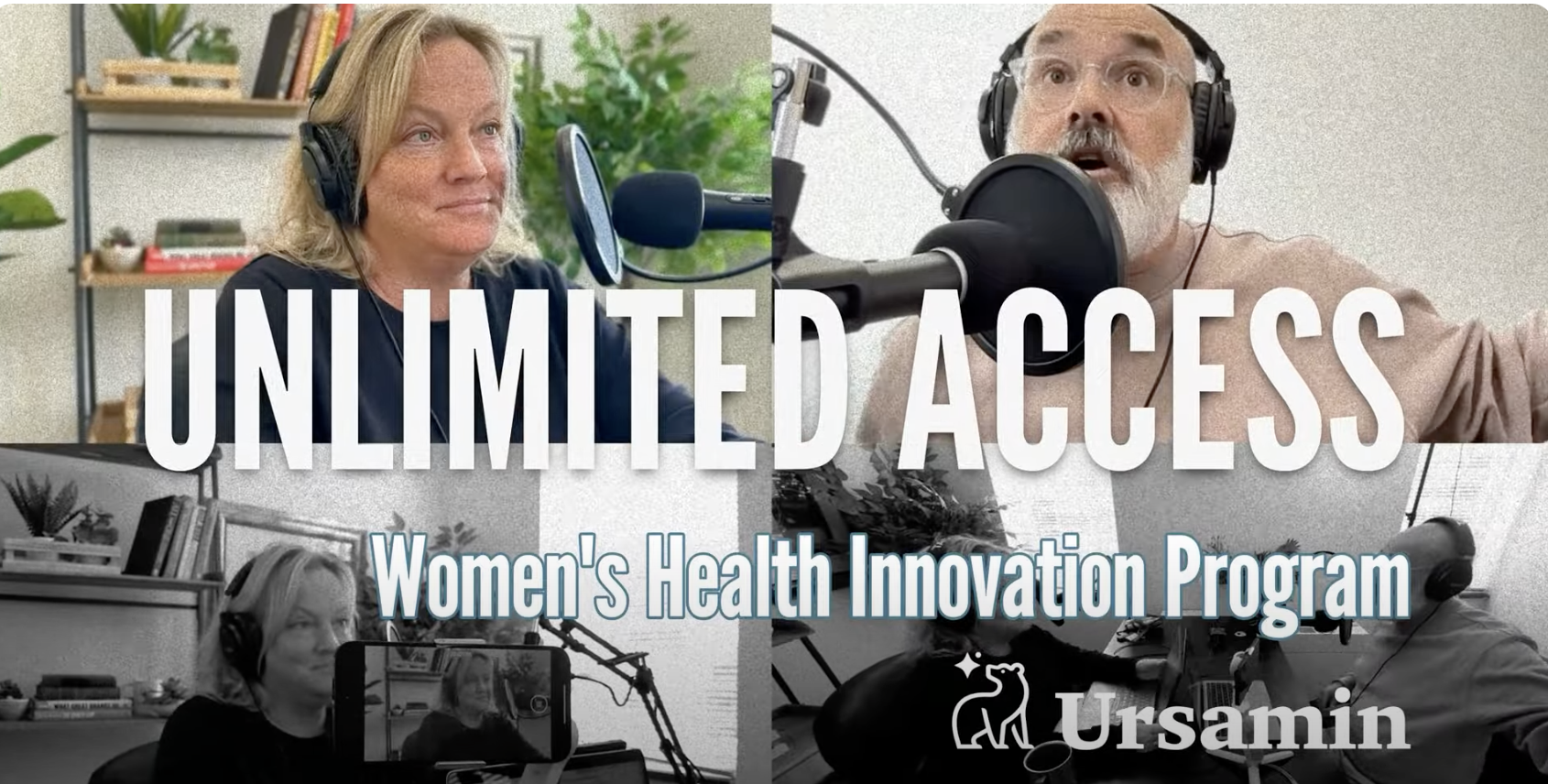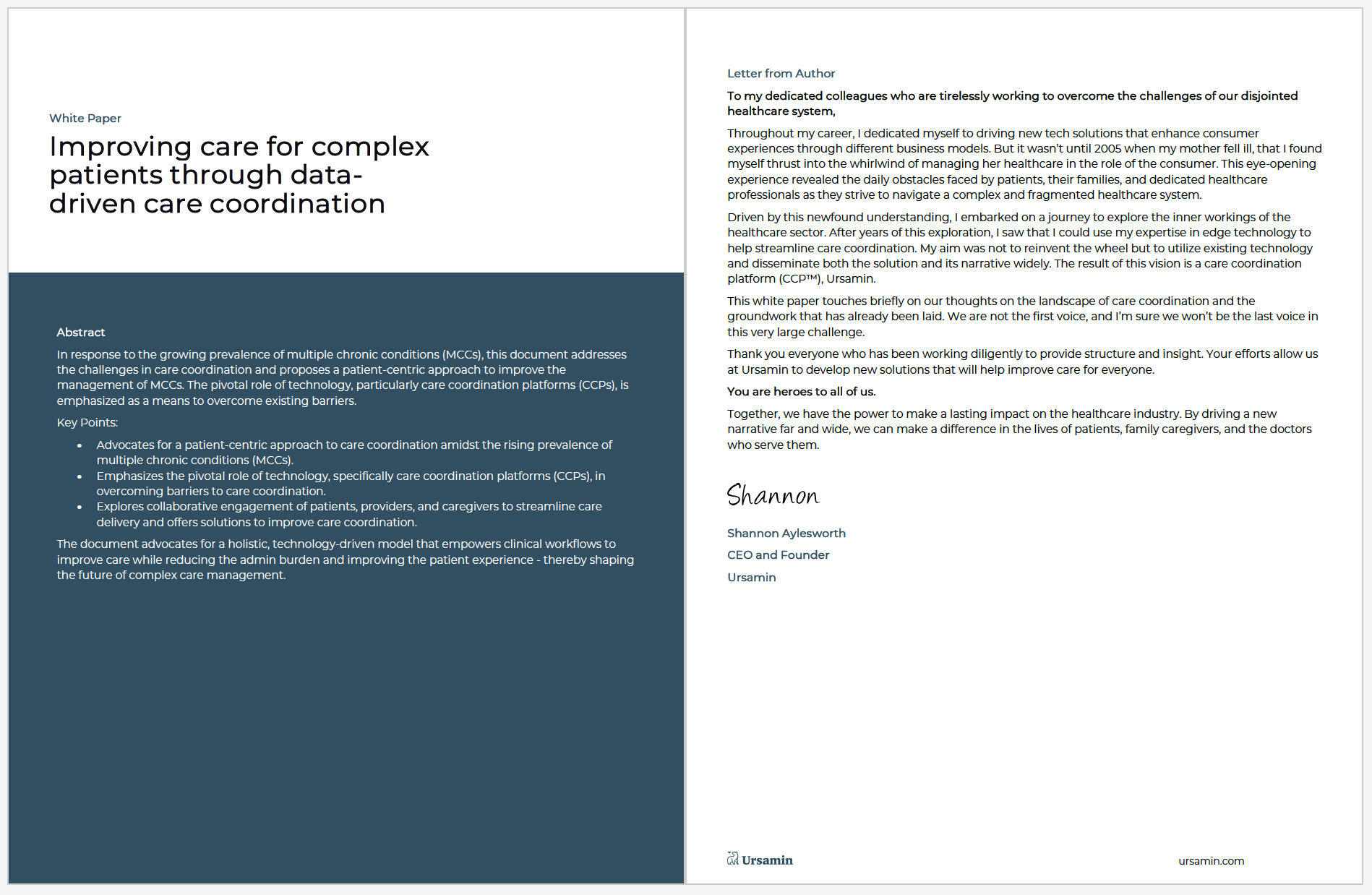Our focus today is the vital topic of accessing and understanding your medical records.
For many of us, it’s a familiar predicament. Our medical records are scattered across various systems and locations, including data from wearable devices like smartwatches. This fragmentation can lead to multiple challenges. One major hurdle is the potential for subpar medical care simply because your doctor may not have complete access to your relevant medical history.
Statistics reveal that doctors, on average, might only have about 10 to 20% of what they deem relevant from your records. This means they are making health decisions with limited information, which can lead to potentially unsuitable treatment plans. They can be conservative in their approach, aiming not to harm, but in doing so, they might not fully address the issue.
One of the pivotal functions of medical records is to foster clear communication between doctors. Access to your medical records ensures that your entire medical history is passed on, painting a holistic picture of your health. As Shannon pointed out, a physician once shared that doctors make 99% of their decisions based on historical information. Hence, they must have a complete view of that history for sound decision-making.
Moreover, this is not just a concern for people with chronic conditions. Even those who consider themselves generally healthy can benefit from having organized medical records. According to statistics, one out of every three adults has a chronic illness. Thus, it’s best to be proactive and have all the information you need to prevent health issues from spiraling.
The need for organized and accessible health records becomes even more urgent when you’re diagnosed with a chronic illness. Suddenly, you’re thrust into the world of specialists who don’t have any history or background information on you. To quickly put you on an effective treatment plan, these doctors need access to your health records.
So, what can be done to combat this problem?
Shannon has been tirelessly working on building Ursamin, a platform that simplifies this process. Ursamin is designed to help you collect all your records, enter your history, and include any additional information about yourself that you think is relevant. With the Ursamin app, you can document every detail, from medical history to diet, helping doctors make more informed decisions about your health.
We are currently in the beta testing phase of the platform. We invite users to test the application during this phase and provide feedback. The goal is to ensure that Ursamin is the easiest platform to use, intuitively providing the information you need.
With Ursamin, you carry your health history in your pocket, conveniently stored on your smartphone. The next time you visit the doctor, all your medical records, your diet history, and even notes about significant events like injuries are at your fingertips.
So why not join us in this endeavor? Let’s take control of our health. Sign up for Ursamin’s beta testing today, get involved, join our community, and let’s make healthcare more manageable for everyone. Let’s navigate the world of healthcare together, with Ursamin as our guiding star.
Thank you for joining us today, and don’t forget to subscribe to our channel for more health-related content. Together, we can change the way we manage our health.





